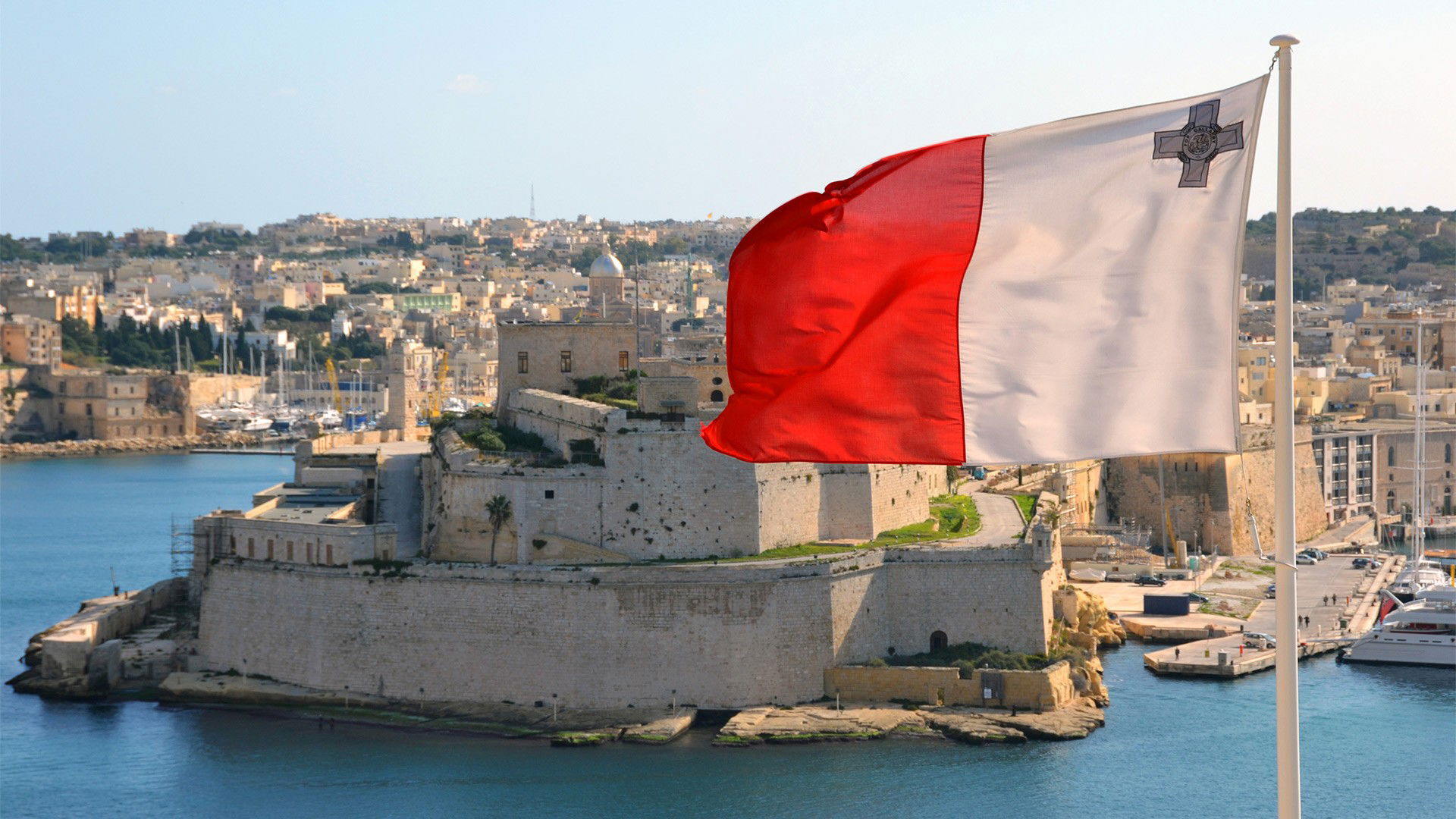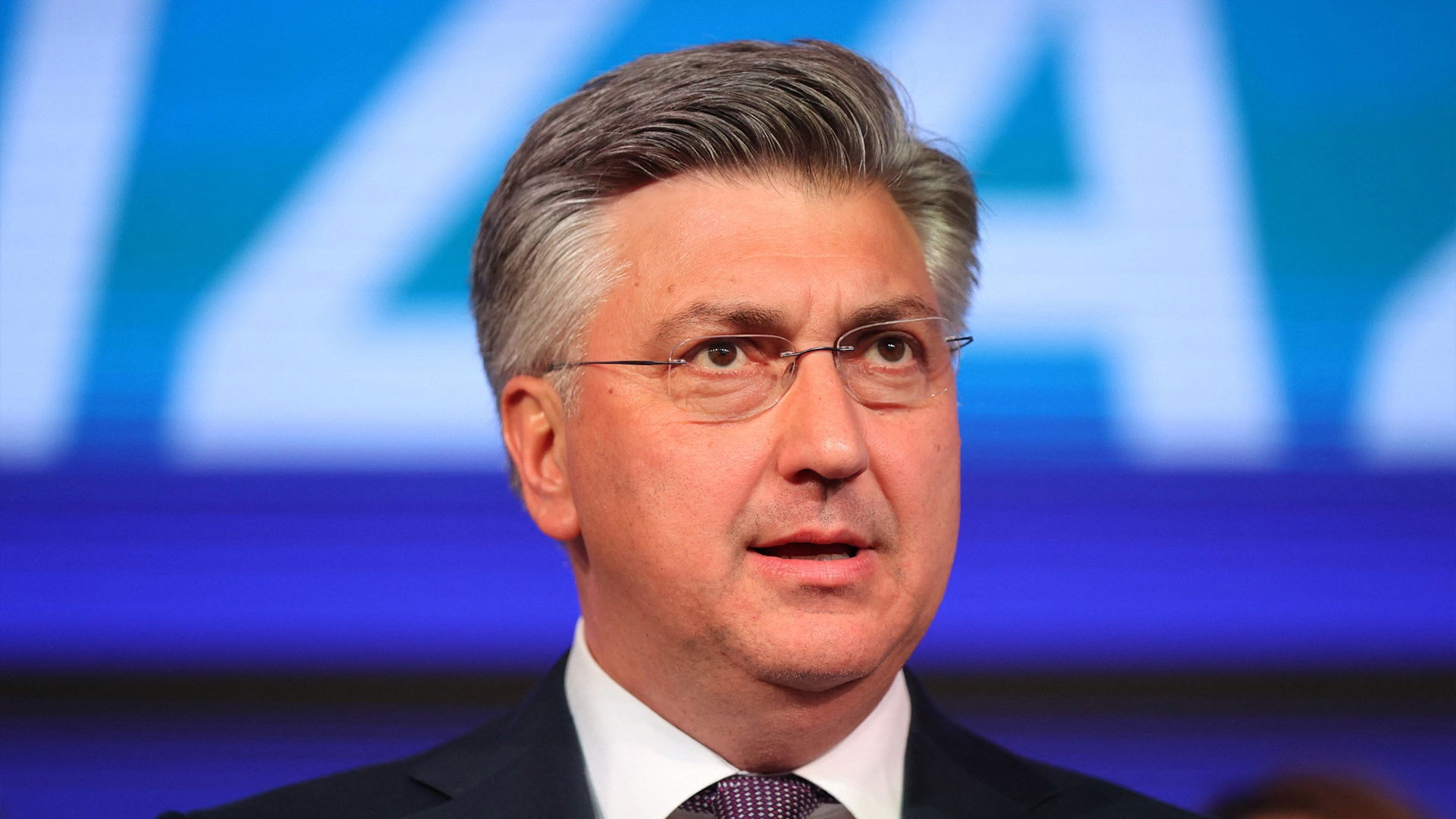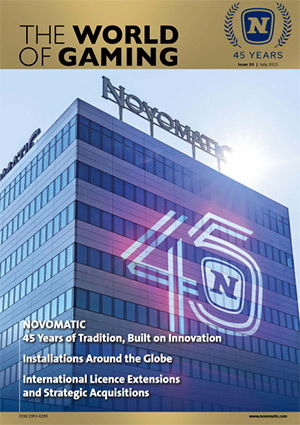European Commission opens legal case against Malta over Gaming Act amendment

The European Commission has initiated infringement proceedings against Malta over a 2023 amendment to its Gaming Act, raising concerns that the legislation undermines EU regulations on the recognition and enforcement of judicial decisions in civil and commercial matters.
In a formal notice sent on Wednesday, the Commission accused Malta of failing to comply with Regulation (EU) No 1215/2012, which governs jurisdiction and the mutual recognition of judgments among EU member states.
The Commission stated that Malta's amendment, which allows its courts to reject enforcement of foreign rulings that "conflict with or undermine the legality" of Malta’s gaming framework, could erode the principle of mutual trust within the EU legal system.
The law in question, Article 56A of Malta’s Gaming Act, came into force last year and has since been invoked in landmark cases, including a 2023 judgment by Judge Toni Abela, who refused to enforce an Austrian court order against Maltese gaming firm TSG Interactive Gaming Europe Limited.
In that ruling, Abela cited the primacy of Malta’s Constitution over EU regulations, igniting further legal and political debate across the bloc.
The Commission expressed concern that the legislation effectively dissuades foreign litigants from bringing claims in Malta, even when EU rules would ordinarily establish Maltese jurisdiction based on a company’s domicile.
"The Commission considers that the Maltese legislation, by effectively shielding the online gaming sector from cross-border litigation, undermines the principle of mutual trust in the administration of justice within the Union," it said.
Malta now has two months to respond formally to the Commission’s concerns. If the response is deemed inadequate, the case could be referred to the European Court of Justice.
In its initial reaction, the Maltese government defended the contested legislation as a codification of long-standing national policy. “Malta remains fully committed to maintaining a constructive dialogue with the European Commission,” it said in a statement, confirming it would respond within the allotted timeframe.
The Malta Gaming Authority (MGA) also pushed back against the allegations. It clarified that Article 56A does not impose a blanket ban on enforcing EU judgments against Maltese-licensed operators and does not prevent legal action in foreign jurisdictions.
The MGA argued the law is consistent with European Court of Justice jurisprudence and the principles of the internal market. It also warned that overly restrictive interpretations of EU law could unjustifiably interfere with the freedom to provide services across member states.
The case originates from complaints filed in 2023 by an Austrian law firm and a German attorney, who accused Malta of shielding its gaming companies from liability in cross-border gambling disputes. In response, the MGA accused the complainants of using “aggressive advertising” tactics to recruit claimants from among online gaming customers.
The growing role of third-party litigation funding (TPLF) has also entered the spotlight. Nationalist MEP Peter Agius, commenting on the Commission's decision, criticized the increase in mass legal actions against Maltese operators, calling for regulatory clarity around TPLF arrangements, where outside investors fund lawsuits in exchange for a portion of any awarded damages.
Agius called on the Maltese government to bring its laws into alignment with EU obligations, warning that continued divergence risks isolating Malta within the single market. Prime Minister Robert Abela has defended the legislation in diplomatic discussions, most recently during a meeting with Austrian Chancellor Karl Nehammer, where he reiterated Malta’s stance on maintaining legal sovereignty in the regulation of its online gaming industry.
















































